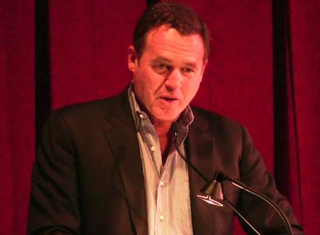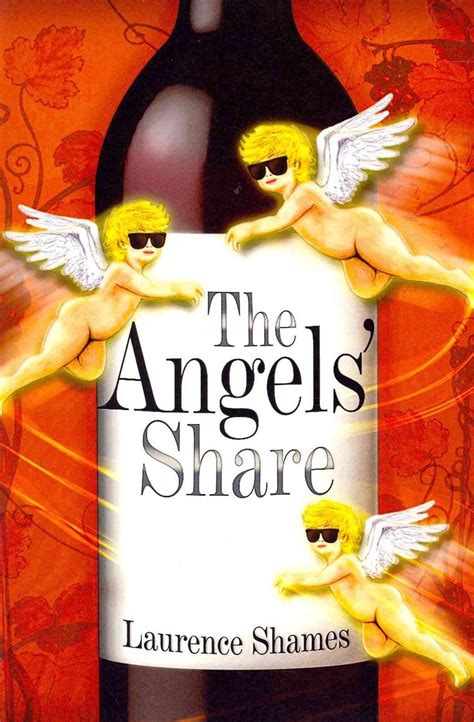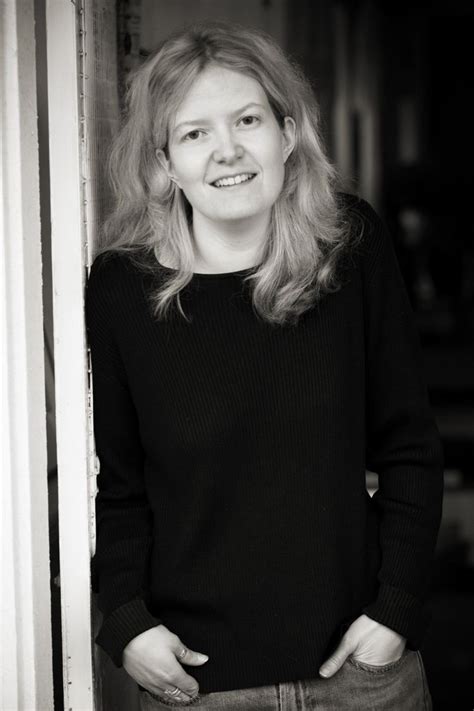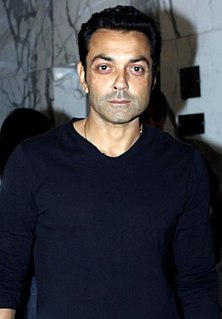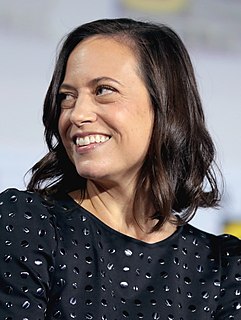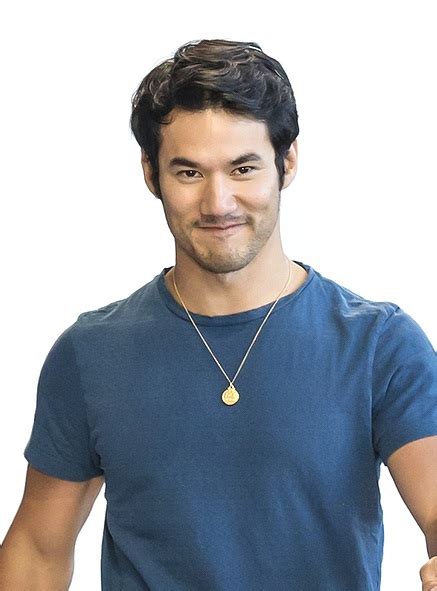A Quote by William Langewiesche
The mastery of the turn is the story of how aviation became practical as a means of transportation. It is the story of how the world became small.
Related Quotes
Everything necessary to understand my grandfather lies between two stories: the story of the tiger’s wife, and the story of the deathless man. These stories run like secret rivers through all the other stories of his life – of my grandfather’s days in the army; his great love for my grandmother; the years he spent as a surgeon and a tyrant of the University. One, which I learned after his death, is the story of how my grandfather became a man; the other, which he told to me, is of how he became a child again.
That's how I became the damaged party boy who wandered through the wreckage, blood streaming from his nose, asking questions that never required answers. That's how I became the boy who never understood how anything worked. That's how I became the boy who wouldn't save a friend. That's how I became the boy who couldn't love the girl.
I tell the story to you now, but in each telling the story itself changes a little, changes direction, and that in turn changes you and me. So be very careful not only in how you repeat it but in how you remember it, goslings. More often than you realize it, the world is shaped by two things -- stories told and the memories they leave behind.
Literature is an aspect of story and story is all that exists to make sense of reality. War is a story. Now you begin to see how powerful story is because it informs our worldview and our every action, our every justification is a story. So how can story not be truly transformative? I've seen it happen in real ways, not in sentimental ways or in the jargon of New Age liberal ideology.
I went and looked at one of these great cathedrals one day, and I was blown away by it. From there I became interested in how cathedrals were built, and from there I became interested in the society that built the medieval cathedral. It occurred to me at some point that the story of the building of a cathedral could be a great popular novel.
What's your story? It's all in the telling. Stories are compasses and architecture; we navigate by them, and to be without a story is to be lost in the vastness of world that spreads in all directions like arctic tundra or sea ice. To love someone is to put yourself in their place, we say, which is to put yourself in their story, or figure out how to tell yourself their story. Which means that a place is a story, and stories are geography, and empathy is first of all an act of imagination, a storyteller's art, and then a way of traveling from here to there.
The biggest threat to your creativity is the fear that it's already been done, said, created. (So why bother?)
Say it, do it, make it anyway - but tell YOUR story along the way.
The story of how you came to know what you know.
The story of what you want to know more of.
The story of why you do what you do.
The story of how you came to care.
And that's how you create what's never been created before.
